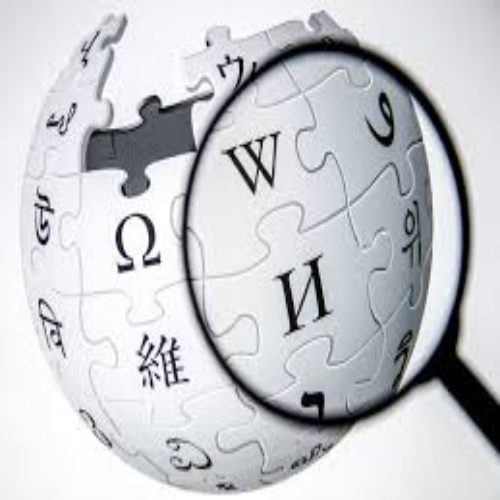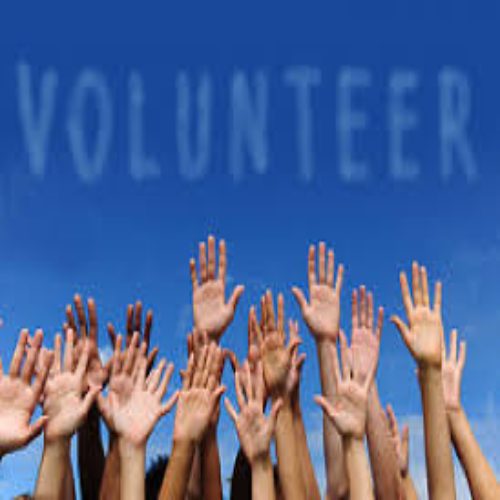
The concept of centralizing the world’s knowledge dates back to before Dennis Diderot created the modern encyclopedia in the 18th century. Fast forward to the early 2000s, as the internet gained prominence, Jimmy Wales and Larry Sanger brought new life to the idea with the creation of Wikipedia in January 2001.
Since its inception, the platform’s structure has remained largely unchanged. Anyone can contribute by writing or editing articles, adhering to a strict policy of editorial neutrality. Articles are based on reliable sources and are moderated by volunteers. Additionally, multimedia content is kept to a minimum.
I spoke with Rudolph Ampofo, Senior Regional Partnerships Manager at Wikimedia, about Wikipedia’s journey in Africa. He shared that, over the past two decades, the number of contributors from the continent has steadily increased. Today, around 22 Wikimedia communities across Africa contribute content that highlights the continent’s rich history and culture. These communities span nations such as Nigeria, South Africa, Uganda, Ghana, Mali, and the Democratic Republic of Congo, and new contributors continue to join regularly.
Why People Volunteer
According to Ampofo, volunteers are driven by their passion for expanding knowledge about Africa. Many are motivated by a deep curiosity to share their discoveries with others, ensuring that people have access to relevant information. Ampofo emphasizes that these contributions start with a simple desire to inform and educate others, a quality that underpins the work of Wikimedia volunteers.
The impact of these volunteers has been widely acknowledged. Since 2011, the Wikimedia Foundation has awarded the “Wikimedian of the Year” honor, recognizing those who make exceptional contributions. Notable African winners include Demmy from Nigeria in 2012, and Felix Nartey and Sandister Tei from Ghana in 2017 and 2020, respectively.
Ampofo stresses that Wikipedia’s success is not about individual achievement, but rather the collective power of the communities involved. He highlights a recent campaign called “Wikipedia Pages Wanting Photos,” where volunteers collaborated to add missing images to articles. In countries like Nigeria and Ghana, Wikipedia communities are also working with educational institutions to promote free knowledge.

The Problem Wikipedia Is Addressing Today
As the world has changed since Wikipedia’s launch 20 years ago, the platform continues to evolve to meet new needs. At its core, Wikipedia aims to provide free access to reliable knowledge, supporting individuals’ curiosity and helping them make informed decisions.
During the COVID-19 pandemic, Wikipedia volunteers worked tirelessly to ensure that accurate and up-to-date information about the virus was accessible globally. Initially, articles were focused on global issues, but over time, regional and country-specific content was added to meet local needs.
Ampofo emphasizes that Wikipedia is committed to providing free access to knowledge without paywalls, ensuring that people everywhere can access the information they need without barriers.
Offline Engagement and Partnerships
While Wikipedia’s primary activities are online, Ampofo notes that there are offline initiatives as well. For instance, communities celebrate significant milestones such as Wikipedia’s 20th birthday, hosting events to reflect on the platform’s impact.
Wikimedia has also built various partnerships to further support its mission. One such collaboration was with the Moleskine Foundation and Wikimedia South Africa, focusing on advancing digital literacy. In partnership with the Global System for Mobile Communications (GSMA), Wikipedia aims to bridge the digital divide, as digital literacy is crucial for people to engage with the platform.
Since its launch in January 2001, Wikipedia has reached numerous milestones, including the 1,000th article in February of the same year and surpassing 50 million articles across 309 language editions by March 2019.
Wikipedia continues to play a pivotal role in global knowledge sharing, particularly in Africa, helping more stories from the continent gain international visibility.


